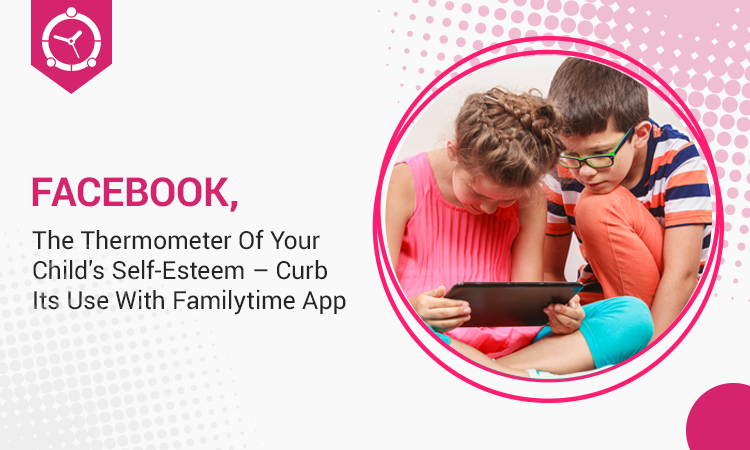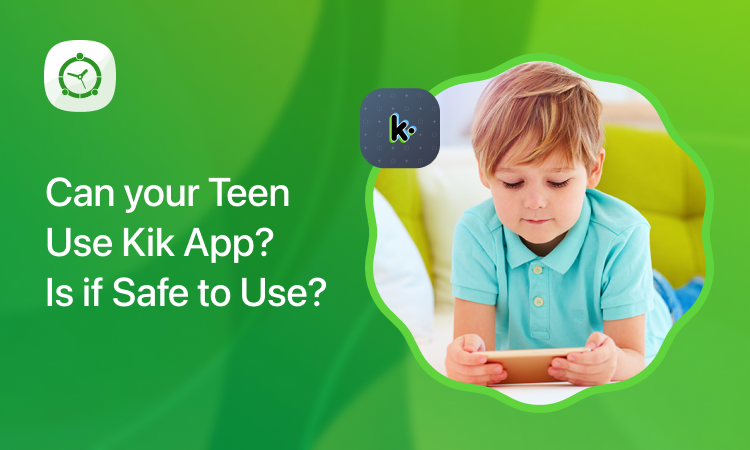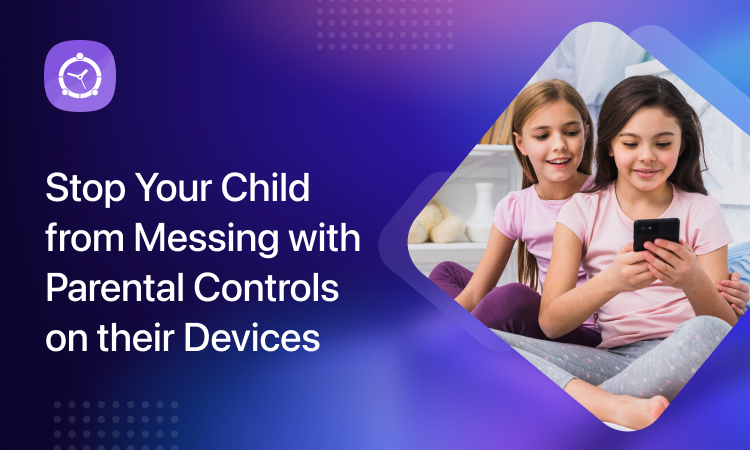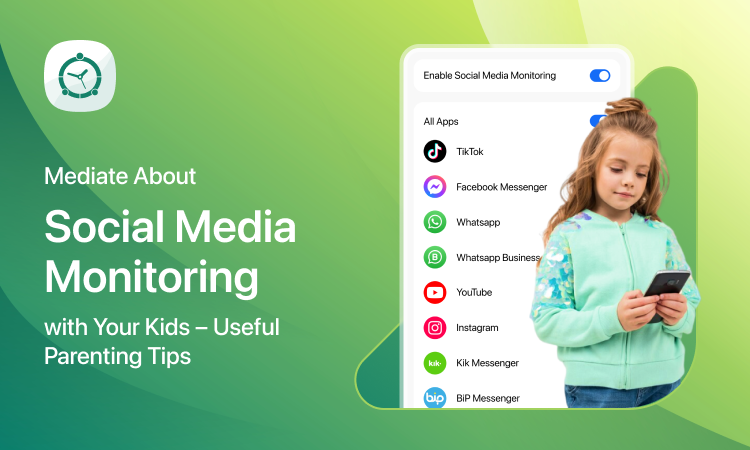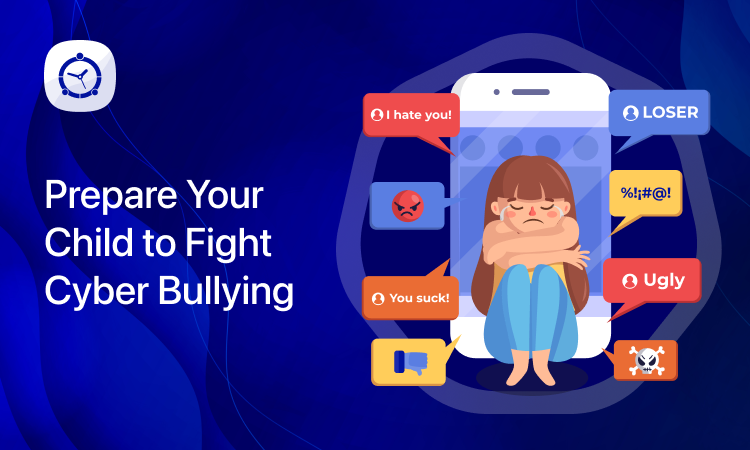The impact of social networks in daily life and in the way of communicating in society has been decisive. However, there is a big difference between the way of expressing themselves and using these platforms on the part of adults and digital natives. Young people who were born and raised to love Facebook or Instagram have to learn to handle these types of applications with consistency, mind and, above all, a lot of caution. And we are not only referring to the dangers that lurk from unknown contacts, but to the simple effect that the use of social networks can have on the self-esteem and personality of our pre-adolescent and adolescent children, and also on their future.
A Facebook profile for children born after the year 2000 is a double-edged sword that we must know how to manage, but above all, our children must know that nothing, not Facebook, nor any other social platform can replace reality, the personal treatment and experiences shared with friends and equals. Too much time on Facebook often pushes teens and young people to feel more alone and undervalued than ever, while yelling at the world how great their life is. Although this is not so typical of young people as of adults, since the former use this medium in a more sincere way, since they have internalized and normalized technology, to the point of not taking into account the limits that must be respected in any conversation, and even more so in a conversation on social networks.
That is precisely why Facebook can become a very useful means for parents to get an idea of the level of self-esteem of their children, the first step to remedy the crises related to this concept, so fickle and vital in the development of children and teenagers. There are some clues that indicate low self-esteem that parents can take into account when having a later conversation. In this, you should not name anything that has to do with Facebook. Remember that if you can see their updates, it is because you are one of their friends and this has to remain the case. The important thing is to talk to your child so that he tells you what he needs, and that not even on Facebook he counts so that he hears what no one on his profile can tell him.
10 signs that indicate low self-esteem on Facebook
These signs must be taken with caution since not all indicate low self-esteem, but when several of them are added in the same profile, we can begin to think that our child, perhaps, needs to speak and reinforce the concept he has of himself.
It is important to say, especially for parents with a tendency to “solve problems at the roots”, that Facebook does not promote loneliness, it is a tool like any other to communicate. The problem is the use that is given to it, the frequency with which it is attended, and the importance that the adolescent gives to what happens there. The solution is not to delete your Facebook profile. It is to help you boost your self-esteem.
- Having an unmanageable number of friends often indicates the need to display a good number of contacts. This is corroborated if many of them are absolutely unknown who have been accepted without further ado.
- Share every detail of your leisure, and do it compulsively. He who really enjoys his leisure and values it properly does not share everything he does, he directly enjoys it. And from time to time, share.
- Continually bragging about possessions does not say anything good; it shows someone more concerned with being accepted and that it emphasizes possessions and not who one is as a person.
- Commenting on all the publications of your contacts denotes a need to be attended to, to be taken into account by making successive calls for attention.
- Publishing statements that include hints to third parties denotes that you do not have the courage to speak about this issue directly with the person affected by fear, generally, of being rejected.
- Make posts with a confrontational attitude in order to start a conversation in terms of fight or discussion by drawing the attention of your contacts.
- Post non-stop professional or personal achievements is very common. It is normal to echo the successes but to do so continuously shows a need for recognition from others.
- Many selfies. These deserve a separate chapter and have been studied by psychologists and sociologists. In fact, a study from Brunel University (London) established that posting two selfies a day or five a week denotes low esteem and the need for approval.
- Posting photos or statements about your relationship profusely is also a sign of low self-esteem.
- Being too aware of the publications of your friends or the likes that they give to your updates.
If you see these signs, know that it is a warning for parents to control kids’ Facebook time. To do that, they can use the FamilyTime app that allows parents to block apps either temporarily or permanently.
Also, mind that only parents can help their kids improve their self-esteem and build a strong personality.

